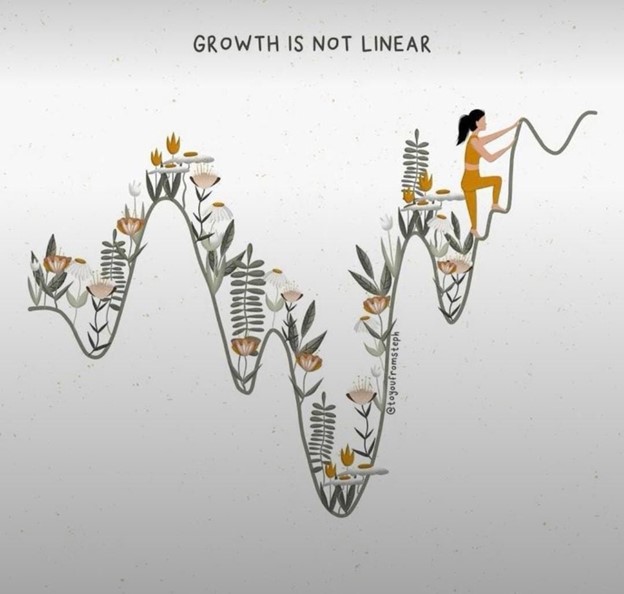In today’s hyper-connected world, whether through social media or face-to-face interactions, oversharing has become almost second nature. Many of us feel the pull to reveal personal details, seeking support or validation. However, sharing too much—both online and offline—can have significant consequences for our mental health, privacy, and relationships. Learning when and how to share is crucial in safeguarding our emotional and social well-being in this fast-paced, information-saturated age.
Due to the growing concern over these risks, experts have conducted comprehensive research, revealing that…
Online Oversharing
- Social Media Posts: A 2018 study published in Cyberpsychology, Behavior, and Social Networking found that people who frequently share personal content on social media are more prone to feelings of loneliness and depression. Oversharing can attract negative attention, from cyberbullying to unwanted interactions, making individuals vulnerable to emotional harm.
- Digital Footprint: According to the Pew Research Center, 79% of adults are concerned about how much information is collected from their online activities. Every post, whether intentional or impulsive, adds to a permanent digital record. This not only poses privacy risks but also leads to “context collapse,” where content meant for close friends can be seen by broader, unintended audiences, including employers and advertisers.
- Validation Seeking: Research by Psychology Today reveals that dependence on likes and comments for validation can create a “dopamine loop,” reinforcing the need for external approval. This cycle can erode self-esteem, making individuals more vulnerable to anxiety and self-doubt when their posts don’t receive the anticipated feedback.
Offline Oversharing
- Personal Conversations: A 2019 study from The Journal of Social and Personal Relationships highlights that oversharing in everyday conversations can backfire, leading to social fatigue. Constantly unloading personal issues can overwhelm others, causing friends or colleagues to distance themselves and damaging what could have been healthy relationships.
- Lack of Boundaries: Research in Family Systems Theory suggests that those who overshare about family or personal matters blur the boundaries of relationships, making it difficult for others to offer support without feeling burdened. This lack of personal boundaries can strain social interactions, leading to isolation rather than connection.
- Emotional Vulnerability: Studies have found that individuals who overshare offline often experience post-interaction regret. According to the American Psychological Association, this emotional exposure can leave individuals feeling raw and uncomfortable, which can affect future social interactions and lower self-confidence.
Navigating Oversharing
- Set Boundaries: According to research in boundary-setting psychology, establishing clear limits on what topics are appropriate to share can protect emotional well-being. The Boundary Project encourages people to be intentional about who they share personal details with, suggesting that healthy boundaries improve emotional resilience.
- Be Mindful: Studies on mindfulness by the National Institute of Mental Health emphasize that being aware of the potential consequences of oversharing can prevent emotional distress. Practicing mindfulness encourages individuals to pause before divulging personal information, allowing time to consider whether sharing is beneficial.
- Focus on Quality Connections: Research in social psychology indicates that people who engage in meaningful conversations, rather than superficial oversharing, report higher levels of satisfaction in relationships. Building deeper connections through thoughtful sharing strengthens emotional bonds and fosters mutual trust.
In a world where oversharing can easily become a default mode of interaction, understanding the impact of our words and posts is essential. Setting boundaries, practicing mindfulness, and nurturing quality relationships can protect our privacy and emotional well-being, both on and offline.








